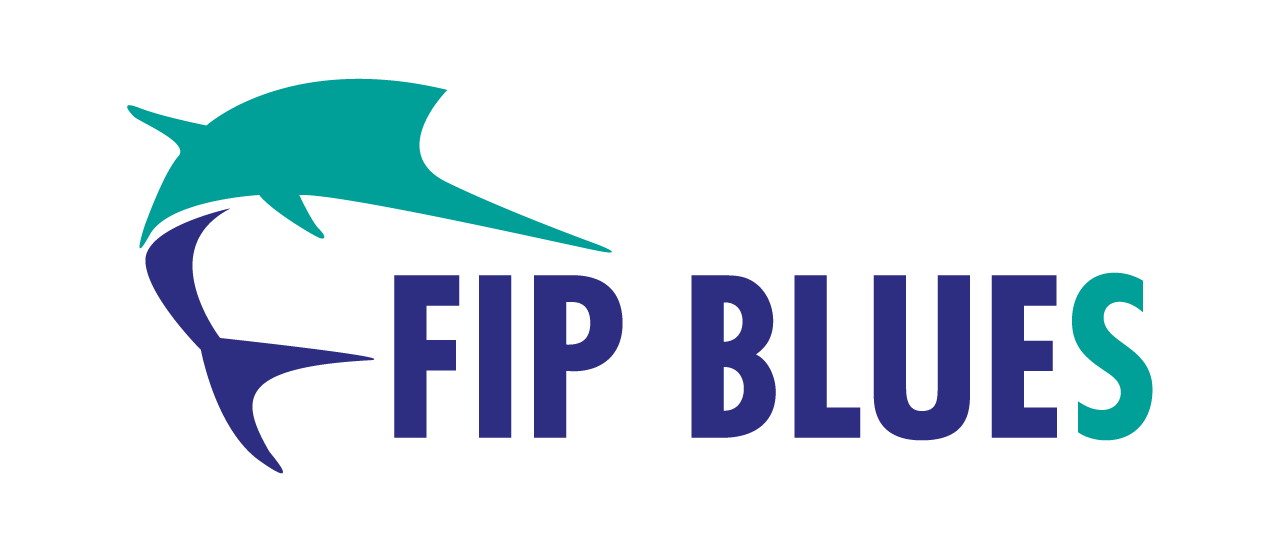Shipowners and industry suffer millionaire losses due to the inaction of the Spanish Government with the mako.
• Representatives of the organizations OPP-7 Burela, Opnapa, Opromar and Orpagu offered a press conference this morning in Santiago to describe the calvary that the longliners fleet has been suffering for two years, despite being an example of good practices.
• The trading industry, through Anecteam, also supports the claim of the extractive sector and demands criteria from the Spanish Government to reach an agreement that allows the commercialization of this species, as other countries such as Portugal are doing with total normality.
• Around 125 ships from Burela, Vigo, A Guarda and Marín are affected by the lack of coordination and dialogue between the Ministries of Agriculture, Fisheries and Food and Ecological Transition, with the consequent administrative blockade and significant economic losses.
Santiago de Compostela, February 15, 2022.
The lack of dialogue and coordination between the Ministries of Agriculture, Fisheries and Food and of Ecological Transition regarding mako is seriously increasing the capacity of Galician companies that have an important role in this fishery source of income. The Galician longliners fleet -one of the most important in Europe- faces significant damage due to the inaction and lack of will to find a solution by the Government of Spain, which translates into an administrative blockade that is difficult to understand.
The repeated protests by the Burela, Vigo, A Guarda and Marín fleet are viewed with great concern by Anecteam (National Association of Highly Migratory Species Processing and Marketing Companies), which also demand “an immediate resolution of the conflict.” From Anecteam they assure that the situation is arising “a great uncertainty in our companies, workers and clients” and a problem of shortages “which translates into a commercial loss for our companies”. In this sense, they point out that the lack of supply of the Spanish fleet can cause undesirable scenarios such as the redirection of the acquisition of this product, by its customers, towards other fleets or international operators “less committed to the sustainability of the species”. This would imply, they say, “that the damage could last for several years.”

A bureaucratic labyrinth for two years
It all started in August 2019 with the entry of the mako in Appendix II of the Convention on International Trade in Endangered Species of Wild Fauna and Flora (CITES), which requires that exports of these species must include the corresponding permits in which are proven to come from sustainable and legal fisheries. And here begins an odyssey for the Spanish fleet that, two years later, continues.
The matter has reached bizarre situations such as that experienced by some shipowners when last year they were forced to destroy thousands of kilos of mako, and pay for this operation themselves, despite having fished it legally. And it is that the lack of coordination between the Ministry of Ecological Transition and the MAPA made it impossible to market from the port of Vigo, one of the main points of sale of this species, legally captured items, which it was also not possible to deliver to soup kitchens. This type of decision and the lack of dialogue has led the Spanish sector to a limit situation: “While we still do not know what will happen to this year’s quota and we are obliged to throw into the sea all the mako that we catch, other community and non-EU fleets are fishing and marketing the species without any obstacles”.
The most curious thing is that the Galician longliners fleet is an example at European level of sustainability and good practices, as many leaders have highlighted, including the Spanish administration itself.
This concern of the producer organizations that have this species as one of their objectives led them in 2019 to launch, together with Anecteam, a fishery improvement project (FIP Blues), the only one at an international level that includes a species of shark as is the blue shark. Right now, and waiting for some news from the Spanish Government, the fleet is still unable to catch mako, a problem that is compounded by consignments of this species that are in cold stores, with which the economic damage is double.
For this reason, the fleet and the processing and marketing industry assure that the main problem continues to be interministerial lack of coordination, which has lasted for two years, and the lack of diligence and inability to resolve an issue that is affecting the economy of many companies of the extractive and marketing sector.

